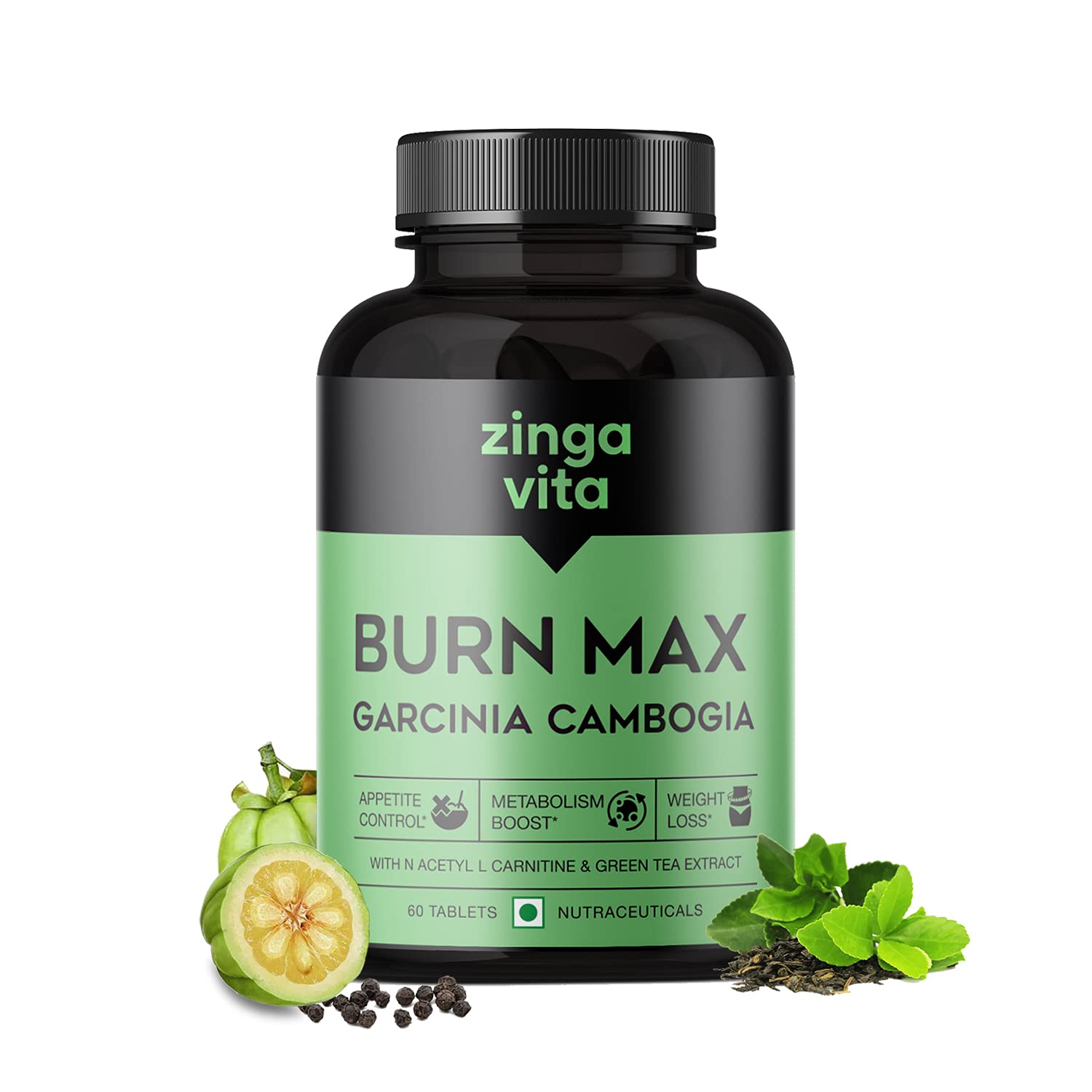N Acetyl Carnitine
Micronutrient
Last update date: October 11, 2023
Frequently Asked Questions
1.
What is N Acetyl Carnitine?
N Acetyl Carnitine, or Acetyl-L-carnitine, is a naturally occurring compound that plays a crucial role in the body's energy metabolism. It is derived from L-carnitine, which helps convert fat into usable energy. The conversion of L-carnitine to acetyl-L-carnitine, and vice versa, allows for efficient transportation of fatty acids to the mitochondria, the energy powerhouses of cells. Although the precise mechanisms and effects of acetyl-L-carnitine are not fully understood, it is recognized as a significant player in various essential bodily processes. Whether it's the chemical itself, the L-carnitine it can produce, or other compounds involved, acetyl-L-carnitine holds importance for optimal functioning.
2.
What is positive impact of N Acetyl Carnitine?
Memory and Cognitive Function: Taking acetyl-L-carnitine orally may enhance memory and mental function in older individuals experiencing some memory loss. Reduced Tiredness: Acetyl-L-carnitine has been shown to decrease mental and physical fatigue in older adults. It may also help alleviate tiredness following exercise. Alcohol Use Disorder: When administered intravenously during alcohol detox and followed by oral consumption, acetyl-L-carnitine may help reduce withdrawal symptoms and cravings associated with alcohol use disorder. Alzheimer's Disease: Oral intake of acetyl-L-carnitine may slow the progression of Alzheimer's disease, improve memory, and enhance certain aspects of mental function and behavior in some individuals. Depression: In some individuals, taking daily doses of 1-4 grams of acetyl-L-carnitine orally has shown to improve mood and reduce symptoms of depression, particularly in older people and at higher dosage levels.
3.
What is negative impact of N Acetyl Carnitine?
When taken orally, N Acetyl Carnitine is generally considered safe for most individuals. However, in some cases, it may lead to mild side effects such as stomach upset, nausea, vomiting, dry mouth, headache, and restlessness. These effects are usually temporary and subside on their own. In rare instances, individuals may experience a distinctive "fishy" odor in their urine, breath, or sweat after consuming acetyl-L-carnitine. It is important to note that N Acetyl Carnitine should be used with caution in certain situations. If you have any underlying medical conditions or are taking medications, it is advisable to consult with a healthcare professional before incorporating acetyl-L-carnitine into your routine. They can provide personalized guidance based on your specific needs and health status.
4.
Who should avoid N Acetyl Carnitine?
Pregnancy and Breastfeeding: Due to limited research, it is advisable to avoid using acetyl-L-carnitine during pregnancy or while breastfeeding to ensure safety. Children: While acetyl-L-carnitine is potentially safe for most children when taken orally, it's always recommended to consult a healthcare professional before administering any supplements. Bipolar Disorder: Individuals with bipolar disorder in remission should exercise caution as acetyl-L-carnitine might worsen symptoms. Nerve Damage from Cancer Treatment: In some cases, acetyl-L-carnitine might exacerbate symptoms in individuals experiencing nerve pain caused by certain chemotherapy drugs known as taxanes. Underactive Thyroid (Hypothyroidism): There are concerns that acetyl-L-carnitine might interfere with thyroid hormone function. Therefore, individuals with underactive thyroid should avoid its use.
5.
What are common sources of N Acetyl Carnitine?
N Acetyl Carnitine can be obtained from various food sources. Some examples include: Beef Steak (Cooked, 4 ounces): Provides 56 to 162 milligrams (mg) of carnitine. Milk (1 cup): Contains approximately 8 mg of carnitine. Chicken Breast (Cooked, 4 ounces): Contains 3 to 5 mg of carnitine. Cheddar Cheese (2 ounces): Provides 2 mg of carnitine. Non-Animal Sources: Whole-wheat bread and asparagus are also sources of carnitine, although in smaller amounts compared to animal-based foods








